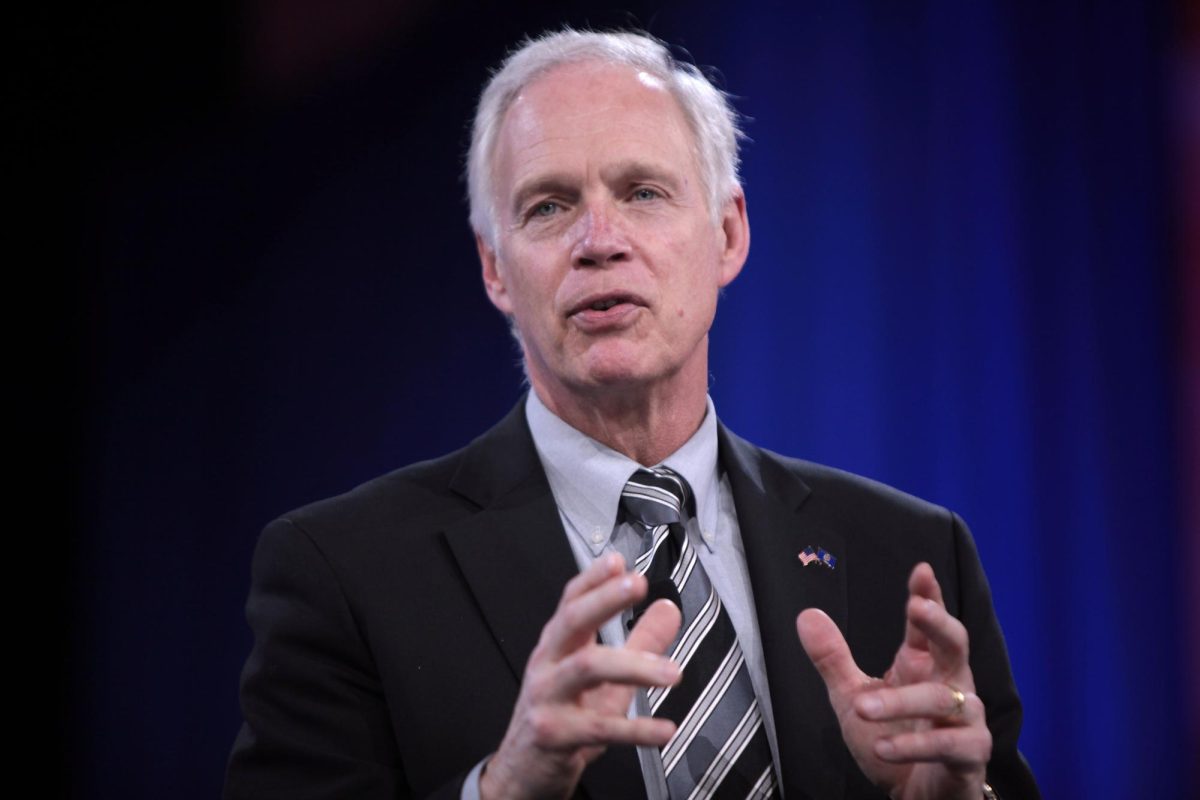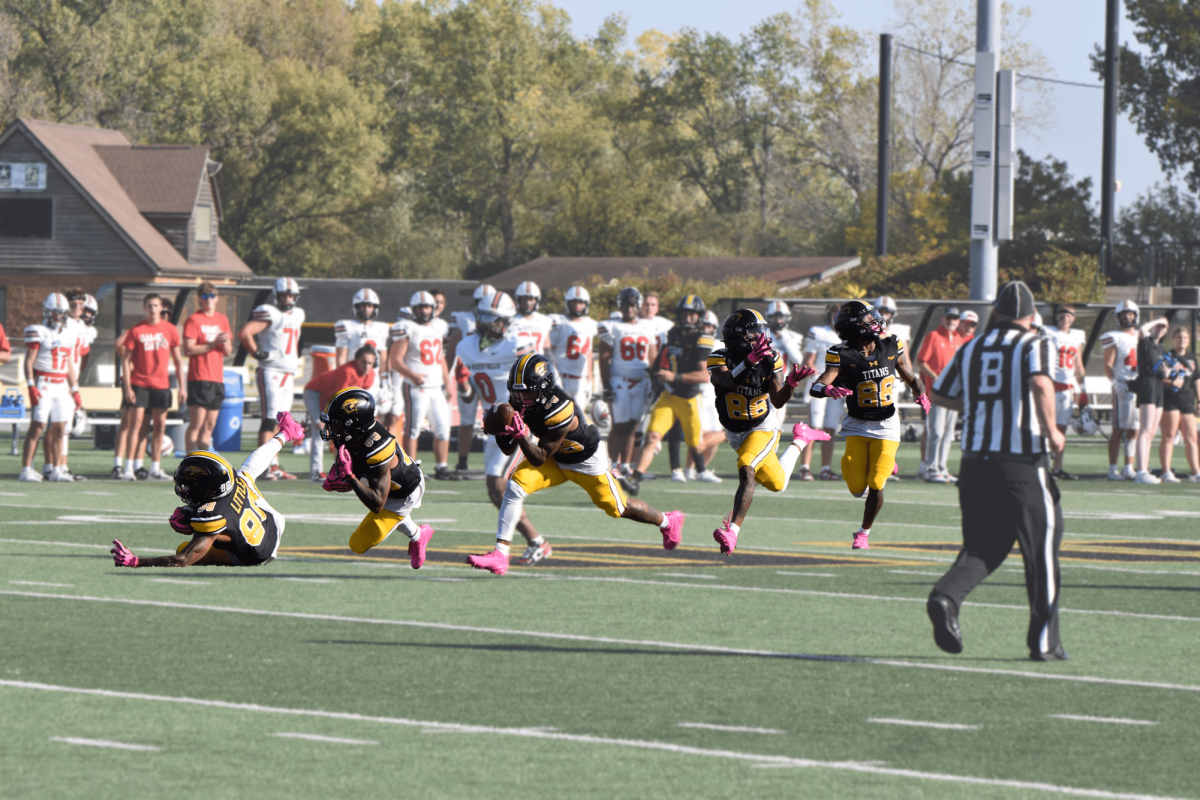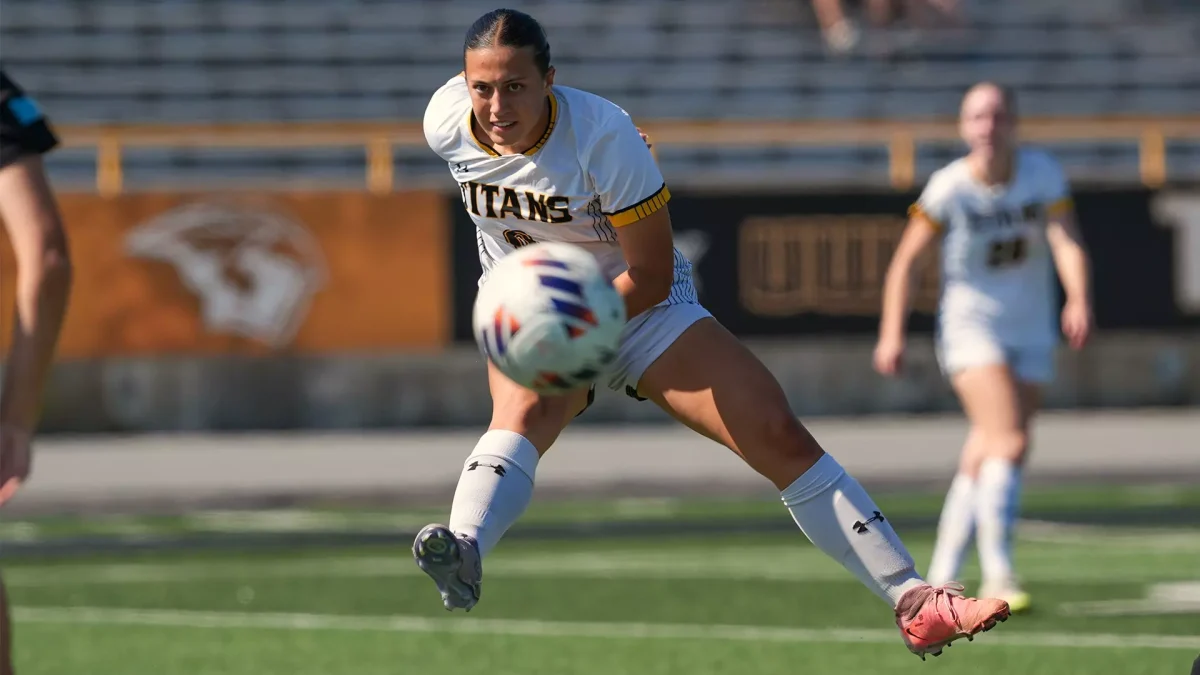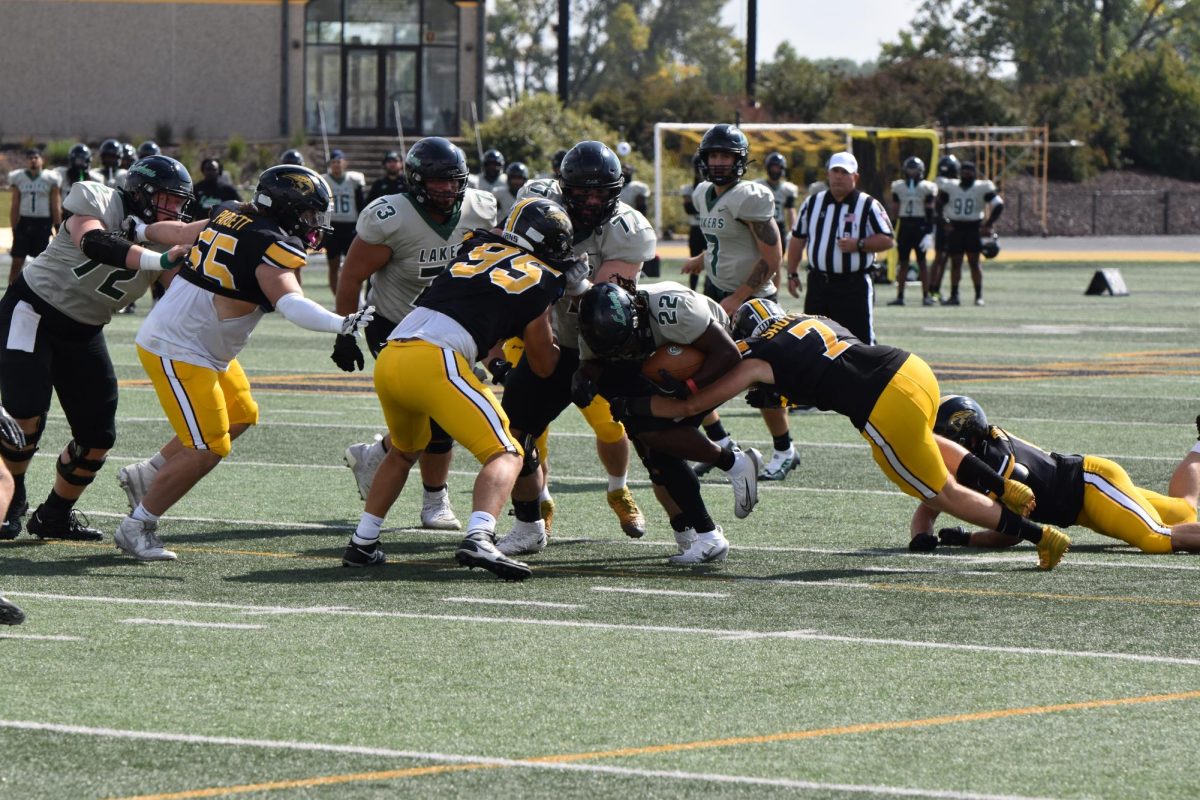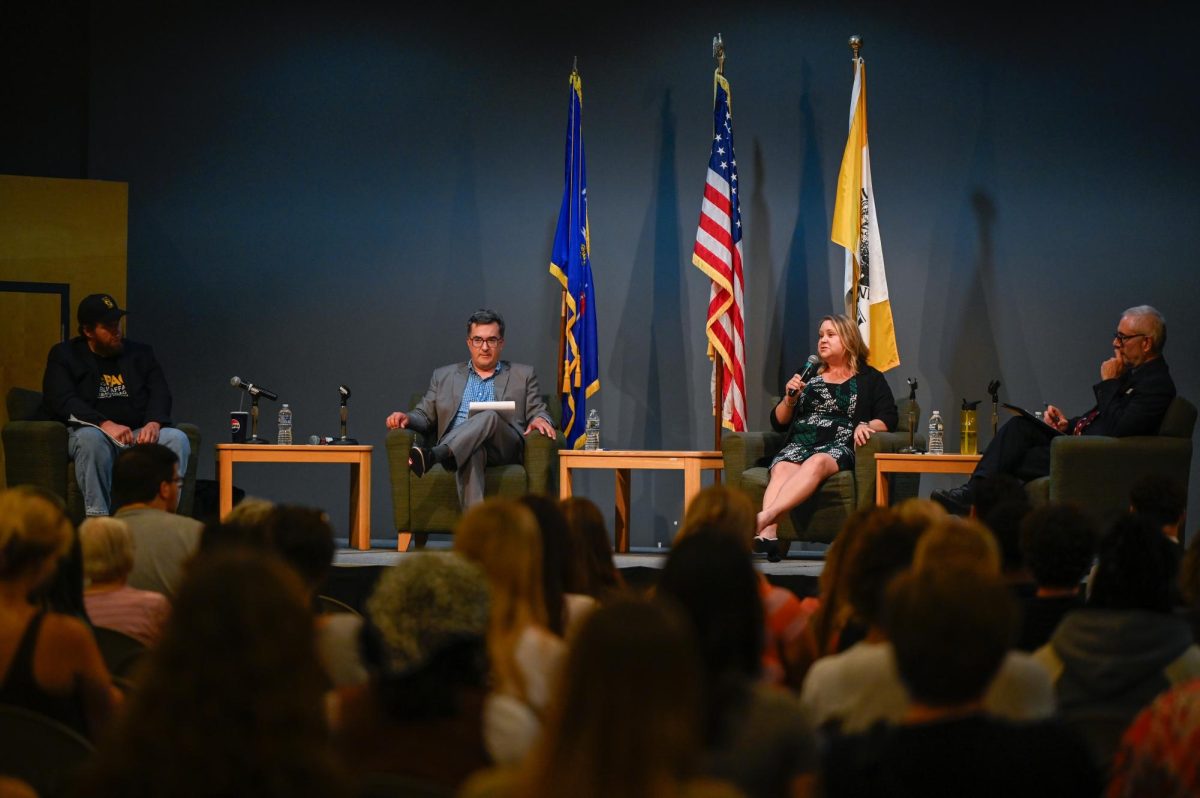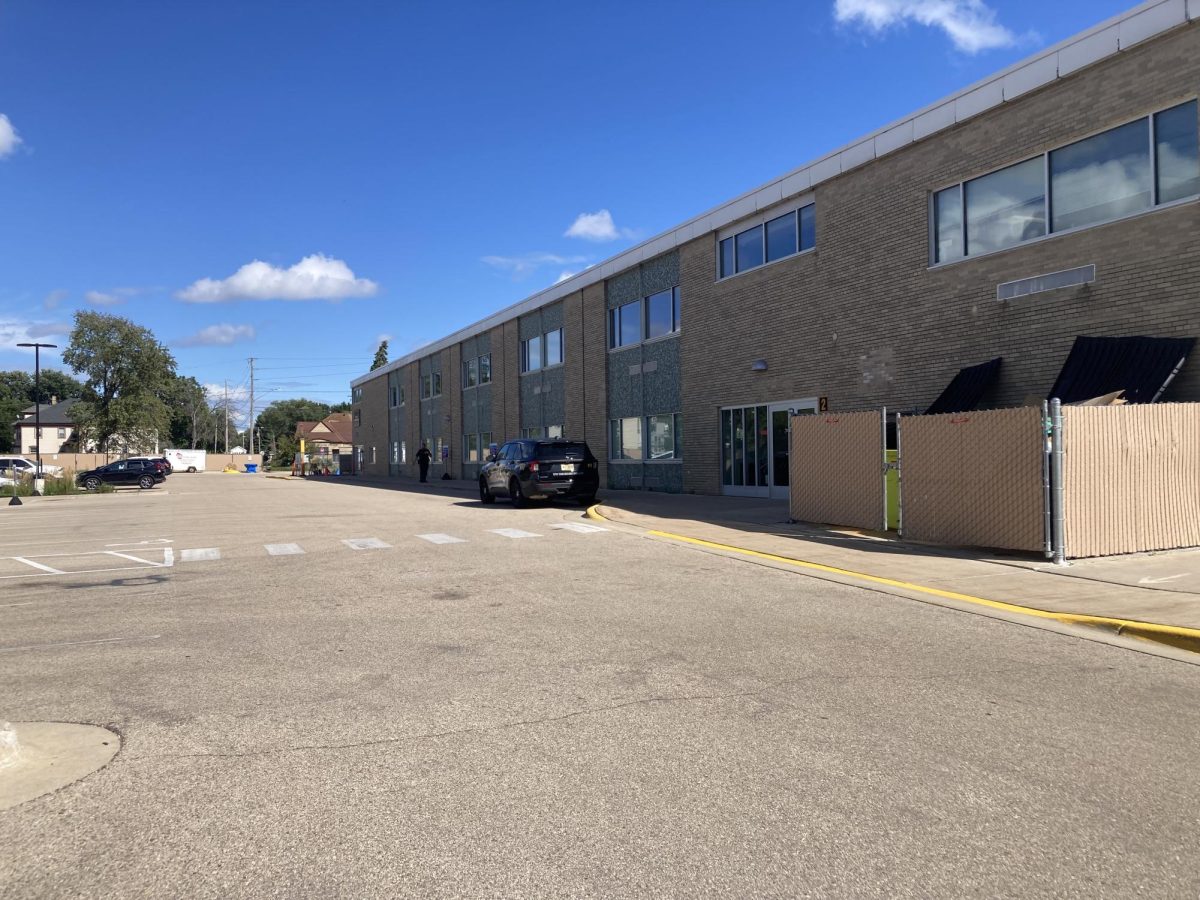UW Oshkosh received a $243,000 grant from the Freshwater Collaborative of Wisconsin (FCW) Sept. 17 to expand freshwater research, workforce development and community outreach at the university.
Chancellor Manohar Singh said that the grant affirms UWO’s place as a statewide leader in preparing the next generation of water scientists and innovators.
“The Freshwater Collaborative’s support ensures that our students — whether they are high school participants just discovering their passion or undergraduates conducting applied research in our communities — gain experiences that prepare them for careers of impact,” Singh said. “This is not only a win for our students and our university, but also for Wisconsin, where the health of our waters is essential to public well-being, economic vitality and the stewardship of one of our state’s greatest natural resources.”
According to the university, annual grants to the Comprehensive Freshwater Training, Recruitment and Research Experience Program could generate $1.44 million through 2031 if consistently approved by state leaders.
The grants from the FCW would expand the role that Oshkosh’s Environmental Research and Innovation Center (ERIC) has for testing water by bringing in more students from across the state to work in the facility. The core components that the grant funds include are a high school freshwater STEM camp, paid summer internships, Water Technology Enterprise projects and collaborative research across Universities of Wisconsin campuses.
Environmental Engineering Technology Professor Greg Kleinheinz, the director of ERIC, which allows students to test water quality in Oshkosh, Eagle River, Sturgeon Bay and Manitowoc, said he’s proud of all the projects the students and faculty have worked on.
“This grant is really a testament to the success we’ve had over the last few years,” Kleinheinz said. “We’ve built programs that are multidisciplinary, hands-on and impactful, and now we have the stability to keep growing them without wondering year to year if we’ll be able to continue.”
The FCW grant will also continue to fund ERIC’s summer programming where students from across the UWs are paid to receive training in areas such as sample collection, analysis and Laboratory Information Management Systems (LIMS).
Kleinheinz said that students from across the Midwest travel to Oshkosh to take part in the program, which costs about $25 per person because of grant money.
“(Students) get to come here for three days, be on campus and dive into all sorts of hands-on experiences related to freshwater,” Kleinheinz said. “… that’s something we’re really proud of, making these opportunities accessible and getting young people excited about water science.”
UWO Provost Ed Martini said that the FCW grant strengthens the kind of research-intensive education that defines the Oshkosh experience.
“Our students aren’t just learning in the classroom — they’re engaging in experiential learning that best prepares them for meaningful careers in water science and environmental fields as they solve problems that threaten public health, the state’s tourism industry and agriculture,” Martini said.
Kleinheinz said that the reach of UWO’s water programs goes far beyond Oshkosh. In Door County, students assist with septic tracer studies, beach monitoring and marine debris surveys, while in Fond du Lac, ERIC partners with a company tackling wastewater treatment challenges.
“The students are on the front line,” Kleinheinz said. “They’re doing hands-on, applied learning through community involvement. One day might be the usual routine, and the next, something new pops up — a water quality concern, a drainage issue, a new research request — and they have to adapt. That’s real-world training.”




